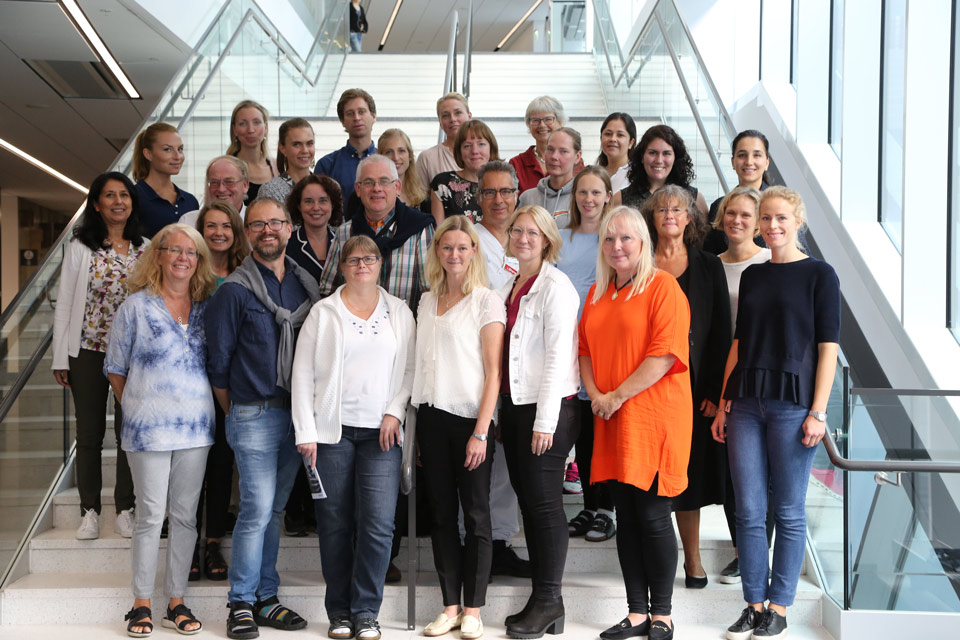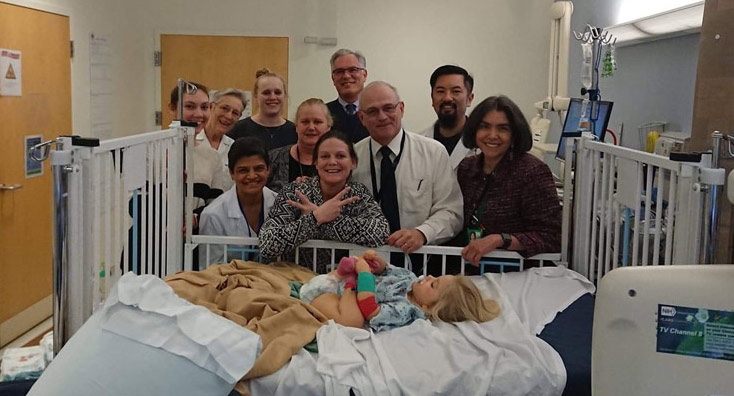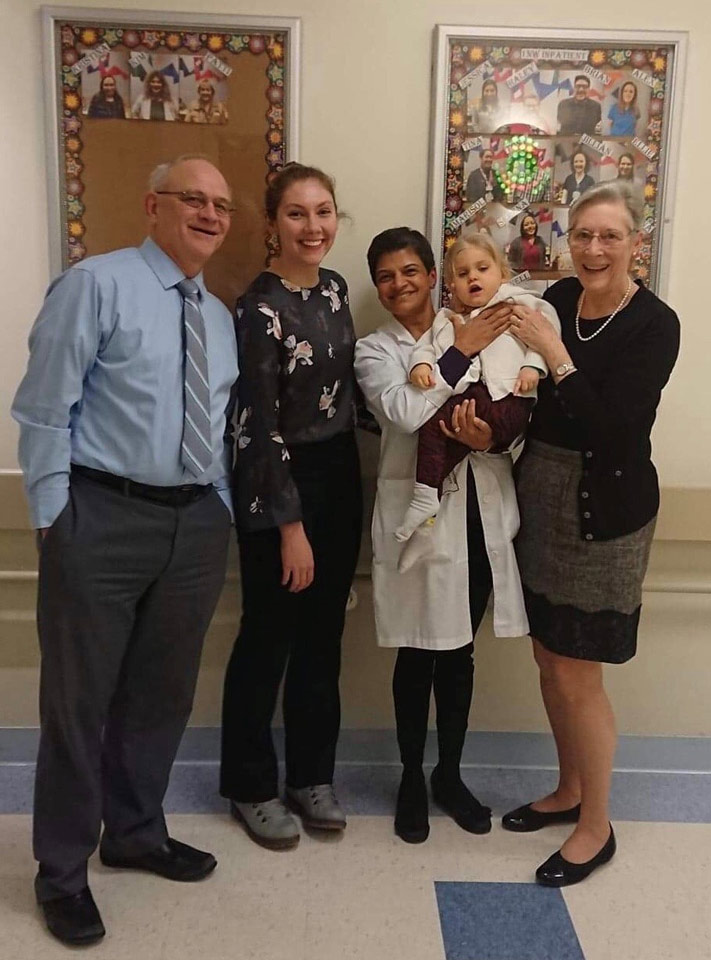Menu
UDP Undiagnosed Diseases Program
The first Undiagnosed Diseases Program (UDP) was established by Dr. William A. Gahl at the National Institutes of Health (NIH) in 2008. It was created to address complex medical cases where individuals remain undiagnosed despite extensive evaluations. The NIH UDP brings together a multidisciplinary team, including geneticists and researchers, to diagnose rare diseases and expand medical knowledge. This program inspired the creation of similar UDPs worldwide, which collaborate through the Undiagnosed Diseases Network International (UDNI) to share findings and improve patient outcomes globally.
If a person remains undiagnosed after genetic testing at a university hospital, they can apply to UDPs abroad. The application process often requires a referral from a local doctor, and while acceptance isn't guaranteed, these programs offer hope for a diagnosis.
For those admitted, the NIH UDP typically involves a five-day evaluation, including MRIs, biopsies, and blood tests.
Undiagnosed Diseases Program UDP
The Undiagnosed Diseases Program are spread all over the world and they work not exactly the same.

Shares information in the Undiagnosed Diseases Network International (UDNI)
The UDPs in USA collaborate in UDN and the ones globally are able to work with specialists from all over the world and share newly discovered gene abnormalities and diseases in UDNI.
Apply to a UDP abroad
People Living With an Undiagnosed Disease (PLWUD) can apply to an UDP and it is important early check in the application process, as some UDP charge for the care.
It is an application process to apply and there is no guarantee that the PLWUD will be accepted.

What is needed to search
Most UDPs abroad, want the PLWUD to have a doctor in their home country who apply and to prepared to inform doctors at the UDP about the medical information and also write a "referral". After the investigation is complete, the doctor should also be aware that UDP's doctor wants the opportunity to discuss about the child or adult to continued care. In order to be a possible candidate for the top spots abroad, what can be investigated should preferably be done.
All the studies that have previously been carried out in PLWUD's will be reviewed by the specialists at UDP, to see if they can possibly find anything there that leads to diagnosis, which has happened, which is why it is important to send all the material when UDP requests it.
Should you or your child be admitted to the UDP NIH, it will be five days of admission with a day of practice when doing MRI, biopsies but also blood tests.

